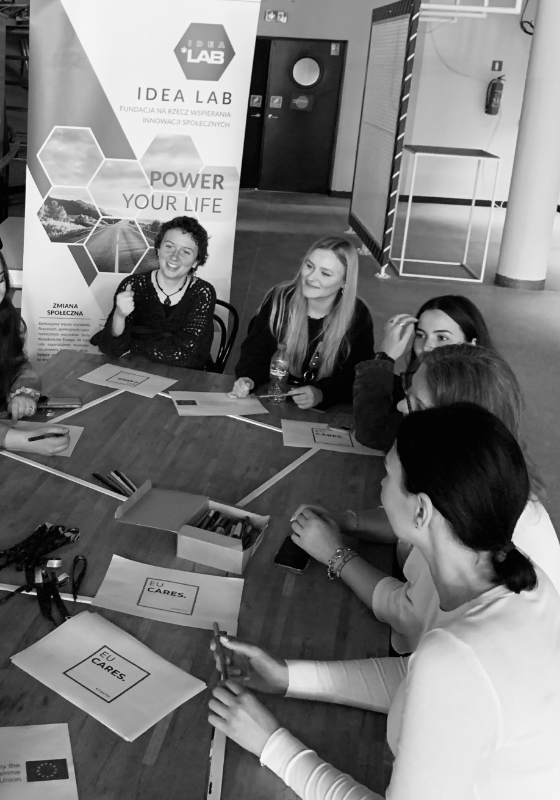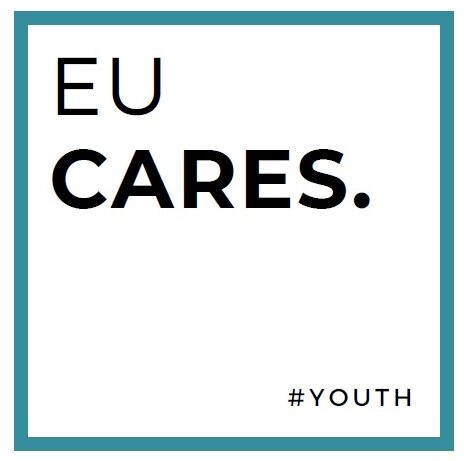
The idea of the EU-CARES project is to emphasise that there are different ways in which the past can be translated into the present, with the help of memories and storytelling. The process of self-healing from traumatic events is a steep climb. To heal entire communities is even harder since collective trauma leaves intergenerational scars and causes divisions in society. In the reconciliation process, storytelling – with its many techniques – can be an effective tool providing a social space to bring people together and elaborate on each other’s experiences. Simultaneously, the EU-CARES project aims to address collective trauma, aid the recognition of remembrance and support the reconciliation process among disadvantaged young people in the Western Balkans, and transfer the knowledge about the process to the organisations working with displaced and disadvantaged young people of the Eastern Balkans.
The report is a joint work effort of partner organisations that come from Belgium, Italy, Poland, Serbia, Montenegro, Albania and Bosnia and Herzegovina. The report is a compilation of 7 national reports wherein round-tables have been organised in the partner countries. Subsequent to the findings of the research conducted through interviews in partner countries, the round-tables provide further foundation for the continuation of activities of the EU-CARES project, which is funded by the Erasmus+ project of the EU.
Read the full report here.

